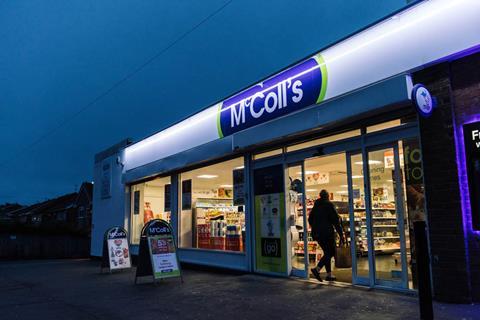
Morrisons has drafted in City advisers as it considers how to contend with the financial struggles of its convenience store partner, McColl’s Retail Group. City sources said the appointment of Houlihan Lokey should not be interpreted as a sign that Morrisons planned to launch a takeover bid for McColl’s, although they acknowledged that the supermarket chain could seek to acquire sites as part of any break-up or insolvency process. (Sky News)
Vitol, the world’s largest oil trader, has warned that diesel could be rationed amid a squeeze on supplies as Russia’s war on Ukraine intensifies (The Telegraph). Europe could face fuel rationing amid a shortage of diesel following the invasion of Ukraine, the heads of three of the largest commodity traders have warned (The Daily Mail).
The government has dismissed fears of diesel rationing after some of the world’s biggest commodities traders suggested that Europe could face a supply shortage (The Times £).
Average fuel prices have dropped for the first time this month, according to the RAC (Sky News). Fuel prices have stabilised for the first time this month after Russia’s invasion of Ukraine caused a surge (The BBC).
THG has turned to boardroom heavyweight Charles Allen to chair the UK ecommerce company in its highest-profile attempt yet to rebuild confidence among investors troubled by its strategy and leadership (The Financial Times £). THG, the online retailer, has claimed it will “meet the highest standards of corporate governance” after hiring Lord Allen of Kensington, the former boss of ITV, as non-executive chairman (The Times £). It follows serious concern in the City over the power wielded by Moulding who was executive chairman, chief executive and the largest shareholder when the firm floated on the stock market (The Daily Mail).
Business leaders have made a last-ditch plea for Chancellor Rishi Sunak to keep VAT at 12.5% for hospitality. VAT for the sector, which includes pubs, restaurants and bars, was reduced to 5% in 2020 to help firms recover from the first Covid lockdown (The Daily Mail).
Sky News suggests the Chancellor might take action on fuel duty due to spiralling prices. “First and most obvious is fuel duty. A host of countries across Europe and further afield have already cut taxes on petrol; it seems likely the chancellor will do likewise.” (Sky News). The government is facing pressure from motoring groups and some MPs to cut fuel duty. They are calling on Chancellor Rishi Sunak to include the measure in his Spring Statement on Wednesday (The BBC).
Two of Britain’s biggest consumer goods giants are among a string of companies facing mounting pressure to sever their remaining ties with Russia as the war in Ukraine rages. Unilever and Reckitt Benckiser are among businesses with Russian operations that experts say ‘have blood on their hands’. (The Daily Mail)
The FT looks at why ‘shrinkflation’ means you are paying the same for less. “Today’s Dorito bags have five fewer chips and mega packages of Cottonelle toilet rolls have lost 28 sheets. Unilever is among those practising “shrinkflation”: bottles of Dove body wash recently dropped from 24 to 22 ounces in the US but can still be sold for the same price.” (The Financial Times £)
National Lottery operator Camelot has been fined £3.15m for three technical glitches on its mobile app which affected tens of thousands of players. (Sky News)
Ireland, best-known for its grass-fed beef and dairy, has launched a €12m crop cultivation scheme to boost grain production as the war in Ukraine creates a crunch in global supplies. (The Financial Times £)
The knock-on effects of Vladimir Putin’s invasion of Ukraine threaten hunger, even starvation, for millions of people beyond the immediate theatre of war. Russia and Ukraine are major food producers, accounting for roughly 30% of global exports of wheat and barley. Russia alone exports 15% of global fertiliser, while Belarus, also under sanctions, is an important producer of potash, crucial for growing soyabeans that in turn go into animal feed. (The Financial Times £)
The Telegraph questions B&M European Value Retail’s strategy to focus on its instore model. “Its rivals will, in some cases, have had many years to build their online presence and overcome any teething problems. As a result of their established positions, B&M could struggle to capitalise on long-term growth trends within the retail industry.” (The Telegraph)







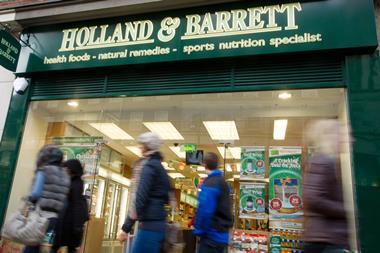
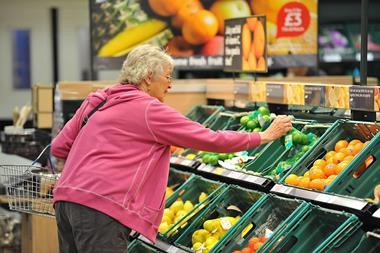
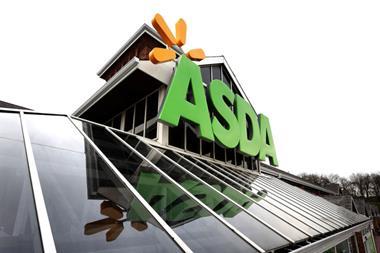
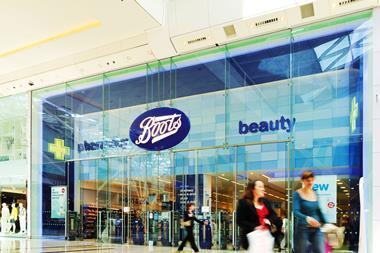
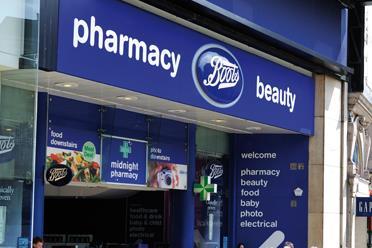
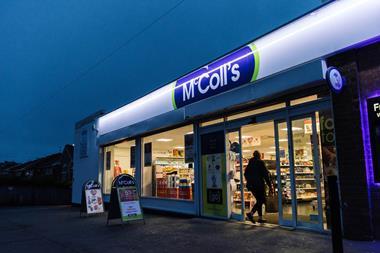

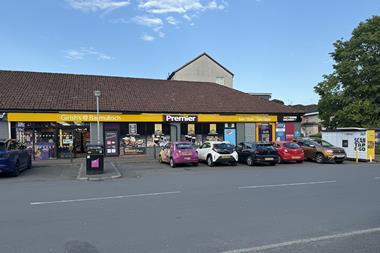
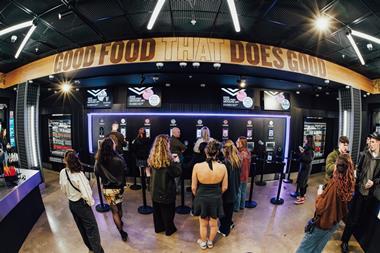

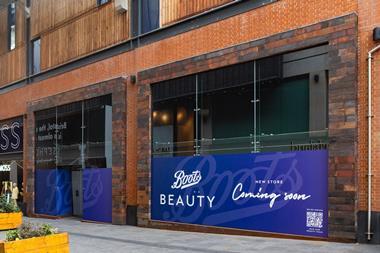
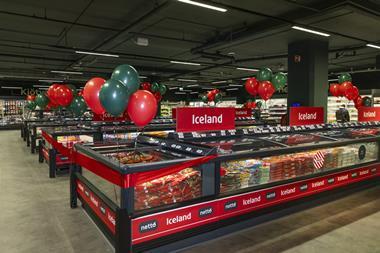
No comments yet